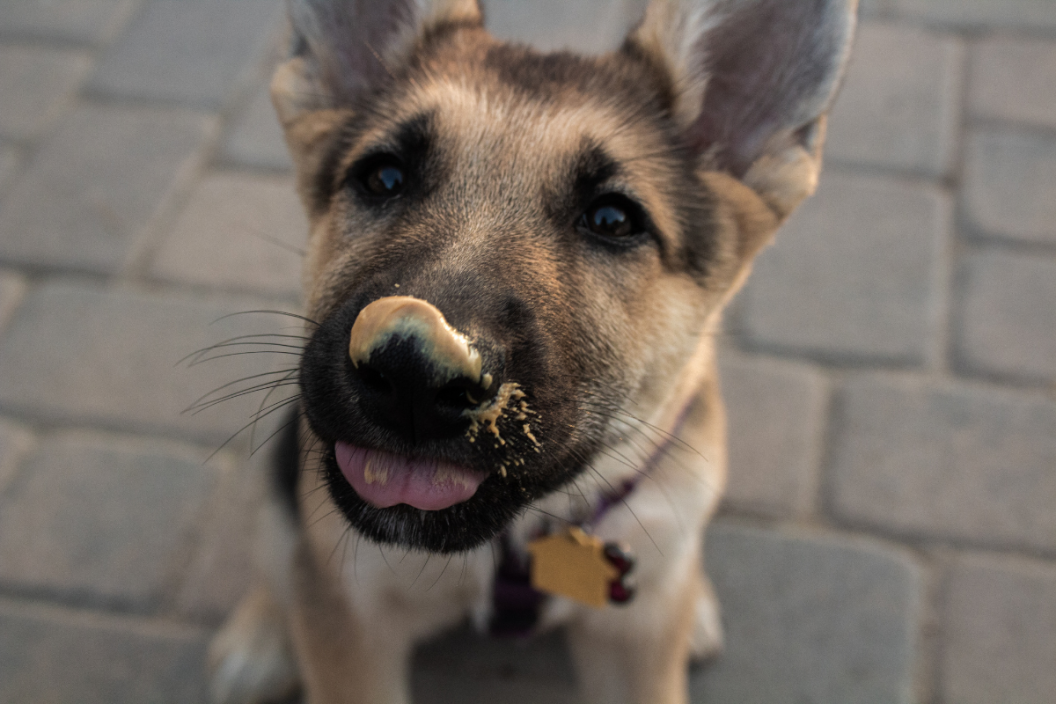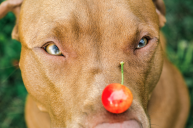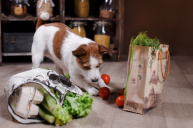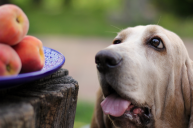Is it safe for dogs to eat peanuts and peanut butter?
Pet owners may wonder, can dogs eat peanuts? Discover which peanut butter snacks are suitable for dogs. Dogs may eat peanuts and peanut butter in moderation (only 10% of your dog's diet should be from treats and human food), but there are certain health risks associated with giving peanuts to your dog. There may be health concerns if you do not properly study the contents or watch how much your pooch consumes, and many human foods can be choking hazards.
Can Dogs Eat Peanuts and Peanut Butter?
While homemade peanut butter and other peanut butter treats are loved by many, they're also known for causing allergic reactions in humans. Do they cause these same food allergies in dogs? Can my dog eat raw peanuts as an occasional treat?
Peanuts are also known as goobers, monkey nuts, and groundnuts. Peanuts are not harmful to dogs, unlike some other nuts, because they are actually legumes. However, they still have a high fat content like cashews and other tree nuts and overfeeding to your dog can lead to obesity and problems with their pancreas, so keep peanuts to small quantities when treating your dog.
Not only do peanuts include heart-healthy fats, but they also contain a variety of vitamins and minerals such as manganese, potassium, vitamin E, biotin, folate, and vitamins B3 and B1.
There is no one way to feed peanut butter to your dog. When you can't give them your entire attention, freeze peanut butter in a Kong toy to keep them engaged. If you're going to give your dog peanuts or peanut products, make sure to do it sparingly, especially with small dogs. Toxicity of anything is all in the dose, and you can overdo it even with safe foods like peanuts. Unsalted peanuts are preferable to salted peanuts in addition to normal dog food on occasion.
What Are The Health Risks?
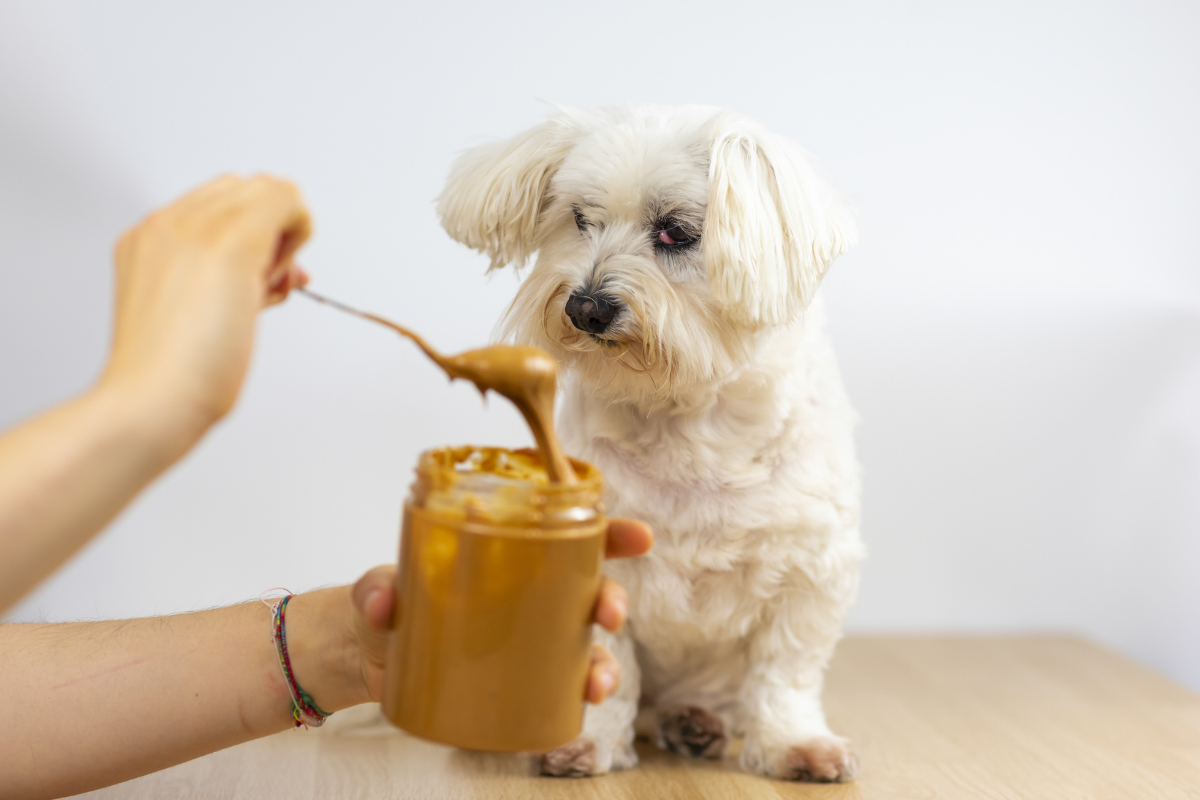
Peanut shells are harmful to dogs since they can induce choking. Seasoned nuts contain an excessive amount of salt, which can be hazardous if consumed in big numbers. Dogs that ingest too much fat content on a regular basis may experience significant stomach distress, and the excess fat consumption may result in worse issues.
Pancreatitis is frequently caused by eating a greasy meal. Due to the dog's increasingly sensitive digestive system, symptoms to look out for include upset stomach, loss of appetite, vomiting, and diarrhea.
If you suspect your dog has a peanut allergy, take him or her to the doctor as soon as possible for treatment. Skin tests and blood testing will be performed by a veterinarian to establish the source of the allergy and how to treat it.
Peanut butter for dogs should be approached with caution because some ingredients may be toxic. Xylitol, a sugar substitute and artificial sweetener found in many foods, can cause hypoglycemia (low blood sugar), seizures, liver failure, and even death in dogs. If you think your pet might have eaten a product with xylitol in it, contact your veterinarian or the Pet Poison Helpline.
Nuts for Dogs To Avoid
Dog owners should never confuse macadamia nuts for a safe dog treat. Macadamia nuts are poisonous for dogs. Macadamia nut poisoning symptoms include extreme fatigue, vomiting, tremors, joint stiffness, and even difficulty walking. Because of their high fat and oil content, nuts can potentially induce pancreatitis.
Keep your dog away from black walnuts as well, as the mold in them can induce tremors and seizures. Moldy nuts can produce the same symptoms as rotten pecans. Juglone, a component of pecans in general, is harmful to dogs. If you suspect your dog has consumed a pecan or a walnut, contact the Pet Poison Helpline.
What are your favorite human foods for dogs? Tell us on our Wide Open Pets Facebook page!
